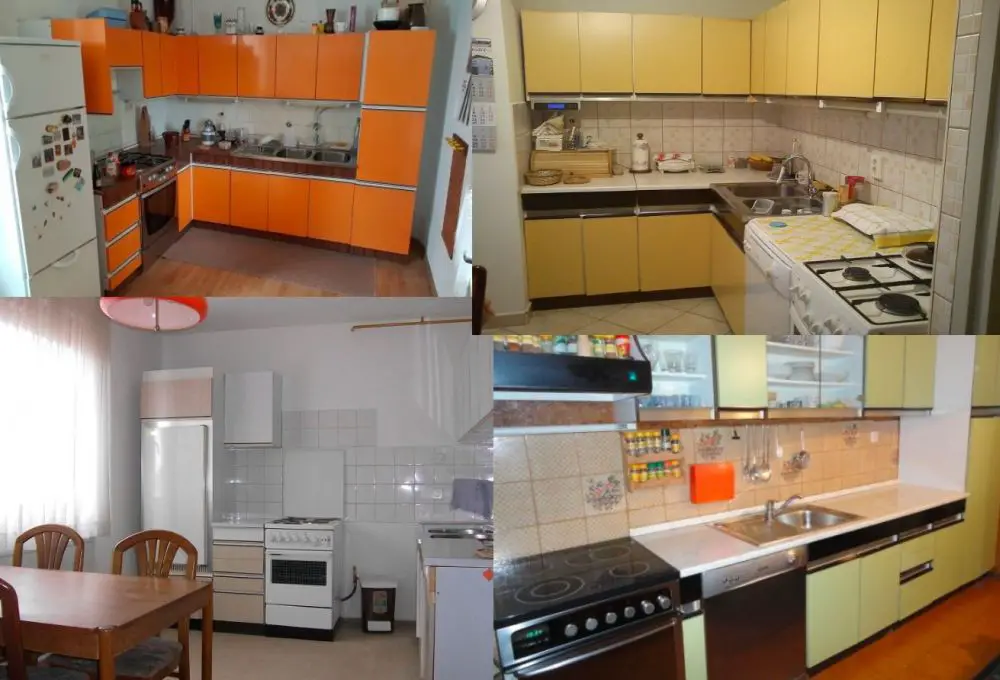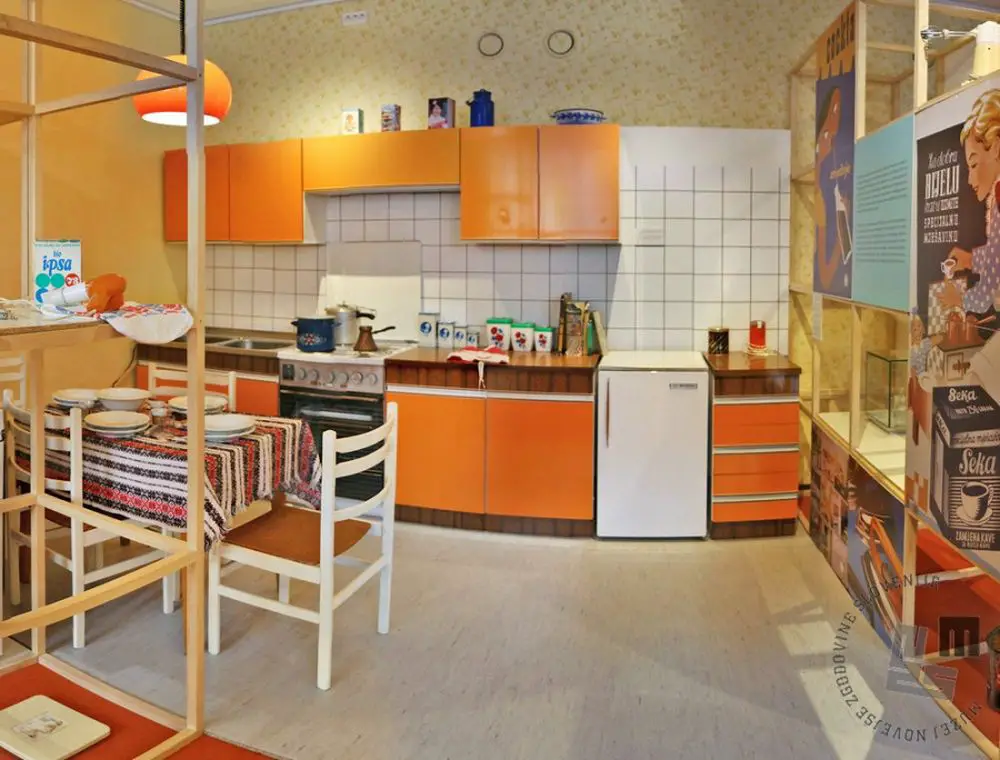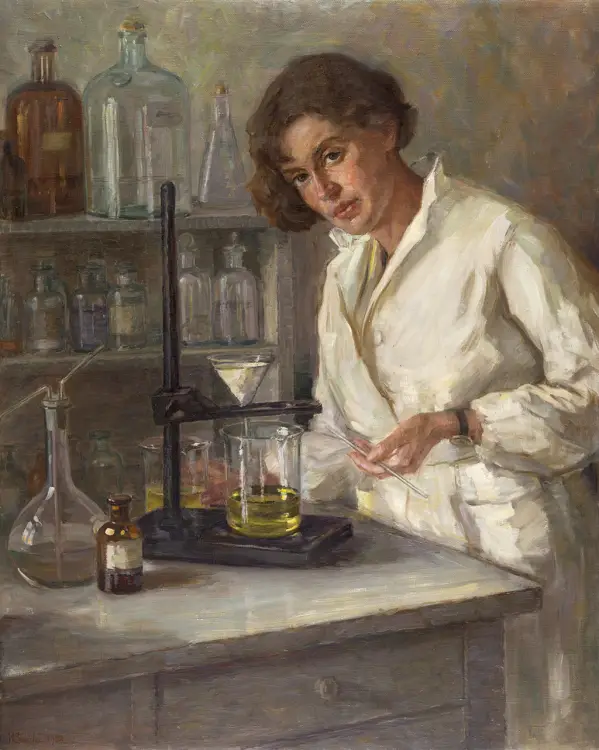May border incident involving soldiers took place, not orchestrated, report shows
LJUBLJANA - The parliamentary Intelligence Oversight Commission discussed a report which shows that the 7 May incident in which two Slovenian soldiers stopped at gunpoint a civilian in the woods near the border with Italy had happened and had not been orchestrated. The incident was not orchestrated and the two hikers were not members of the Antifa terrorist organisation as alleged by Prime Minister Janez Janša, commission chair Matjaž Nemec of the opposition SocDems said. Defence Minister Matej Tonin meanwhile said the soldier had not pointed a gun at the hiker, had not asked him about his identity and had not arrested him, but had simply been doing his job in line with standard procedure.
Top court stays legislation restricting NGO powers in construction projects
LJUBLJANA - The Constitutional Court decided to stay legislation allowing construction projects to be sped up in part also by restricting the powers of environmental NGOs in the process of environmental permits procedures. Several NGOs petitioned the court to look into Article 100 d, which fast-tracks projects that were in the phase of acquiring an environmental permit in 2018, Article 100 e, which allows construction to go forward before the construction permit takes effect, and Article 100 f, which imposes new restrictions on NGOs eligible to take part in the permits procedures.
Slovenia disappointed with lower EU recovery funds
LJUBLJANA - Slovenia is disappointed with the latest proposal to cut the EU's 2021-2017 budget to EUR 1.074 trillion and would like more money to be allocated for cohesion funds, according to State Secretary Gašper Dovžan, who took part in a video meeting of ministers in charge of EU affairs. The Foreign Ministry official urged a prompt deal on the recovery funding but expressed disappointment with the cut to the original proposal which set the multi-annual budget at EUR 1.1 trillion.
19 new coronavirus cases confirmed on Tuesday
LJUBLJANA - Out of 1,112 Covid-19 tests performed in Slovenia on Tuesday, 19 came back positive, according to data released by the government. This brings the total number of cases to 1,878. No deaths were reported yesterday. The number of patients requiring hospital treatment dropped by one to 16, with one requiring intensive care. While the disease has been transmitted mostly at private parties in the past weeks, retirement homes seem to be emerging once again as potential hot spots.
Journalist protest against media reform in front of parliament
LJUBLJANA - Several hundred journalists and media workers gathered to protest against a media reform planned by the government in front of the National Assembly, where the parliamentary Culture Committee discused the proposed changes to three media laws. Convinced the reform would undermine the Slovenian public media's financial stability and independence, the protesters urged the independence and freedom of the media. Addresses were delivered by representatives of the Slovenian Journalist Association (DNS) as well as by journalists and media workers from the public broadcaster RTV Slovenija and the STA.
CoE human rights commissioner urges govt to allow time for media legislation debate
LJUBLJANA - The Commissioner for Human Rights of the Council of Europe (CoE), Dunja Mijatović, called on the Slovenian government to allow sufficient time for public consultation about the changes planned by the government for the media legislation. "The proposed reforms are significant and require hearing and taking into account views of journalists associations, media & civil society in Slovenia," she tweeted.
MEPs write to Commissioner Jourova over media reform
LJUBLJANA - The Slovenian MEPs from the ranks of the opposition Marjan Šarec List (LMŠ) and the Renew group in the European Parliament, Irena Joveva and Klemen Grošelj, have written to EU Commission vice-president Vera Jourova about the contentious media reform plans in Slovenia. They urged a discussion on the topic at the European level. Joveva and Grošelj express concern and say some of the proposed changes would have far-reaching consequences for the media industry in Slovenia and for democracy itself.
Foreign Ministry says preparations for EU presidency being stepped up
LJUBLJANA - Foreign Ministry spokesperson Aleksander Geržina said that Slovenia has stepped up preparations for its presidency of the EU Council in the second half of 2021 after these were disrupted by the change in power and the coronacrisis. With the government change the preparations as well as the management of the presidency at large have been taken over by the Foreign Ministry and Foreign Minister Anže Logar, who also runs a task force for the preparations. A secretariat, in charge of logistic aspects, as well as several subgroups have also been formed.
Minority in Carinthia calls for rethink of minority policy
KLAGENFURT, Austria - The Slovenian minority in Carinthia called for a rethink of minority policy in the Austrian state as it responded to an annual report on the status of the minority there that shows the community continues to shrink. Slovenians once accounted for a third of Carinthia's population, today the share is under 3%, Rudi Vouk, the leader of the National Council of Carinthian Slovenians (NSKS), said. He warned that state incentives for minorities in Austria had remained nominally the same since 1995, which means they have dropped by half in real terms.
Average gross wage down 2.3% in May on April and up 9.5% y/y due to bonuses
LJUBLJANA - The average gross earnings in May amounted to EUR 1,892.31, down by 2.3% on April nominally and by 3.2% in real terms. The average net wage was EUR 1,244.44, a 1.7% and 2.6% decrease respectively on April, show data released by the Statistics Office. Year-on-year, average gross earnings increased, in nominal terms by 9.5% and in real terms by 10.8%. The increase was largely the result of temporary stimulus measures related to the Covid-19 epidemic, which were also in place in April.
Value of construction works down 13.7% in May y/y
LJUBLJANA - The value of construction works in Slovenia was down 2.8% in May over April and 13.7% year-on-year, show data released by the Statistics Office. This was the third consecutive month of decline, the April drop over the preceding month being 7.5% and the March decrease 10.4%. In May the value of construction executed for buildings decreased by 0.3%; for residential buildings it went up by 3.6%, while for non-residential buildings it was down by 1.3%. The value of construction for civil engineering decreased by 4.5%.
First doctorate awarded in Ljubljana 100 years ago
LJUBLJANA - One hundred years to the day the first ever doctorate was awarded at a Slovenian university. Ana Mayer received a doctorate in chemistry after completing at the newly-established University of Ljubljana her chemistry studies which she started in Vienna before the collapse of Austria-Hungary. Mayer, born in 1895 in Lože near Vipava, south-western Slovenia, started studying chemistry and physics at the Vienna university in 1914. She was forced to leave in 1918 when the university decided after the end of WWI that all Slavic students must leave it. She continued her studies after Ljubljana got the first university in 1919, earning the first doctorate issued by the Ljubljana University on 15 July 1920.
Almost 50,000 free public transit tickets issued in two weeks
LJUBLJANA - Close to 50,000 senior citizens, persons with disabilities and veterans have requested free annual tickets for intercity transport in the two weeks since the launch of the scheme, the Infrastructure Ministry has announced. The tickets became available on 1 July under legislative changes passed in 2019 that are designed to boost sustainable mobility.








